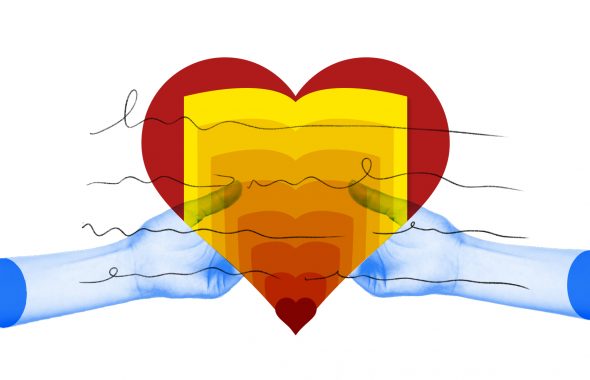It’s time for another virtual field trip! During the Covid-19 pandemic, educational spaces like museums, national parks, and NASA are opening their doors for virtual tours. We’ve already “visited” Georgia Aquarium to watch their aquatic animal webcams, and we’ve gotten to know the animals at the Houston Zoo in Texas. This time, we’re headed to NASA’s Langley Research Center in Hampton, Virginia.
The Langley Research Center offers a free virtual tour of their amazing facilities. They also use Facebook Live and video on their website to help educate kids and families about science, engineering, and space. The center’s focus is on improvements in aviation, studies of Earth’s atmosphere, and developing technologies needed to journey to the Moon, Mars, and other parts of the solar system.
But before you blast off to new worlds, you’ll need to learn a few words to accompany you on your trip. Here, you’ll find interesting and important terms you might need to know as you explore. From habitat to stratosphere, these words will help kids of all ages understand even more about aerodynamics, technology, and space.
Gantry
A gantry a frame consisting of scaffolds on various levels used to erect vertically-launched rockets and spacecraft. It can also describe any spanning framework, like a bridge or a crane. At Langley Research Center, the Gantry is a 240-foot tall landing and impact research facility. It’s used to test and improve spacecrafts and aircrafts. It was even used to help astronauts like Neil Armstrong train for the moon landing!
Simulator
A simulator is a machine that’s used to mimic certain environmental and other conditions for the purposes of training or experimentation. Pilots and astronauts use simulators to prepare and train for flights and launches. Simulators can also help astronauts prepare for different experiences, like zero gravity, or learn how to respond to challenges and problems they might experience during a mission.
Basically, a simulator helps people in certain jobs play pretend so they can be ready for anything when they’re doing their work in real life! You can see a real flight simulator on your virtual tour of Langley Research Center.
Transonic
Transonic describes something that’s moving really fast. How fast, you ask? Well, transonic means “relating to or capable of speeds at or near the speed of sound.” It’s used to describe things that can reach speeds of 700–780 miles per hour! Many modern aircrafts are engineered to operate at transonic speeds.
Langley Research Center has played a major role in studying and helping to develop our capabilities for transonic flight. They have a number of wind tunnels, flight simulators, and labs to help improve aeronautic exploration.
Stratospheric
You’ve probably heard of the atmosphere, the gaseous envelope that surrounds Earth. The upper area of the atmosphere, about 30 miles above Earth, is called the stratosphere. The stratosphere is where you find the protective ozone layer that surrounds Earth and absorbs ultraviolet rays from the sun and prevents them from reaching the surface.
You can explore the stratosphere virtually, thanks to NASA’s flying observatory SOFIA (Stratospheric Observatory for Infrared Astronomy). The observatory helps scientists study galaxies, stars, black holes, comets, and the atmospheres of other planets and moons.
Aerodynamics
Aerodynamics is the study of the movement of air and other gases. Aeronautical engineers, or the people who design aircrafts, have to know the rules of aerodynamics to make planes and other aircrafts fly. The main forces of flight are lift, drag, weight, and thrust. Lift is the push of air that helps something move up, and weight is the force of gravity trying to pull it down. Thrust is the force that moves something forward, while drag is the force that tries to pull an object back. All of these forces must be balanced to achieve flight.
Interested in more science for kids? Read through some of our Science Vocab Activities here.














